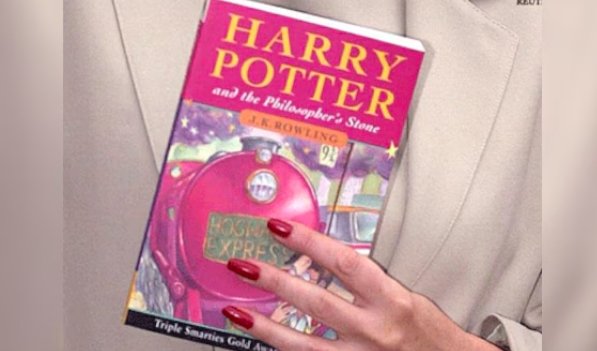Scotland’s National Library has reversed its choice to exclude a gender-critical book from its centenary exhibition. The move follows public outcry and talks with the book’s editors on September 4, 2025, highlighting debates over free speech and gender issues.
Background of the Controversy
The National Library of Scotland faced backlash after deciding not to feature “The Women Who Wouldn’t Wheesht” in its Dear Library exhibition. This book, a collection of essays by over 30 women including author JK Rowling, details the fight against Scotland’s gender recognition laws.
Public nominations had secured the book’s spot. Yet, concerns from the library’s LGBT+ staff network about polarizing views led to its removal. The library cited worries over public discourse on trans rights.
The exhibition celebrates the library’s 100 years by showcasing books that matter to Scots. Despite the book’s availability in reading rooms, its absence from the main display sparked claims of censorship.

Key Events Leading to the U-Turn
The controversy erupted in August 2025 when news broke about the exclusion. Reports showed the book received multiple nominations, more than needed for inclusion.
A risk assessment by the library had warned that removing it could be seen as attacking women’s rights. Still, staff complaints about potential harm prompted the initial ban.
Public figures and groups quickly responded. Human rights organizations accused the library of discrimination under equality laws. Authors and politicians involved in the book demanded answers.
On September 4, 2025, library leaders met with editors Susan Dalgety and Lucy Hunter Blackburn. They apologized for not consulting the creators earlier.
- August 12, 2025: Initial reports of the book’s exclusion surface.
- August 13-16, 2025: Public outcry grows with statements from MPs and authors.
- September 4, 2025: U-turn announced after key meeting.
Details on the Book and Its Impact
“The Women Who Wouldn’t Wheesht” explores women’s campaigns against self-ID gender laws in Scotland. It includes voices from diverse backgrounds, such as politicians and activists.
JK Rowling, known for her Harry Potter series, contributed an essay. The book became a bestseller, selling thousands of copies since its release in 2024.
Its themes tie into broader UK debates on gender identity. Recent events, like court rulings on trans rights in 2025, have kept these issues in the spotlight.
The anthology argues for protecting women’s spaces amid changing laws. Supporters see it as a vital record of grassroots feminism in Scotland.
Critics argue it promotes divisive views. Yet, its nomination by the public showed strong support for its inclusion in cultural displays.
Reactions from Editors and Stakeholders
Editors Dalgety and Blackburn welcomed the reversal. They called it a step toward better public discourse in Scotland.
In their statement, they expressed hope for rational talks on sex and gender. They represent the contributors and readers who backed the book.
Library chair Drummond Bone and national librarian Amina Shah led the apology. They noted further talks with staff and stakeholders to address concerns.
The U-turn ensures the book joins other nominated works in the exhibition. This move aims to reflect Scotland’s pluralist society.
Broader Implications for Free Speech
This case raises questions about censorship in public institutions. Experts say it shows the challenges of balancing staff views with public input.
In recent years, similar debates have hit libraries and museums across the UK. For instance, a 2024 controversy in England involved gender-themed books in schools.
Advocates for free expression praise the decision. They argue libraries must showcase diverse opinions to foster debate.
Opponents worry it could alienate staff or visitors. The library plans to monitor feedback as the exhibition continues through 2025.
| Aspect | Details |
|---|---|
| Book Title | The Women Who Wouldn’t Wheesht |
| Key Contributors | JK Rowling, Susan Dalgety, Lucy Hunter Blackburn, various MPs |
| Main Theme | Campaign against gender recognition laws |
| Nominations Received | Multiple, exceeding requirements |
| Exhibition Name | Dear Library (Centenary) |
| U-Turn Date | September 4, 2025 |
Looking Ahead
The resolution may ease tensions but highlights ongoing divides. As Scotland navigates gender policies, such cultural moments could shape future laws.
Observers watch how other institutions handle similar issues. With elections looming in 2026, gender debates remain a hot topic.
What do you think about this U-turn? Share your views in the comments and spread the word on social media to keep the conversation going.


















